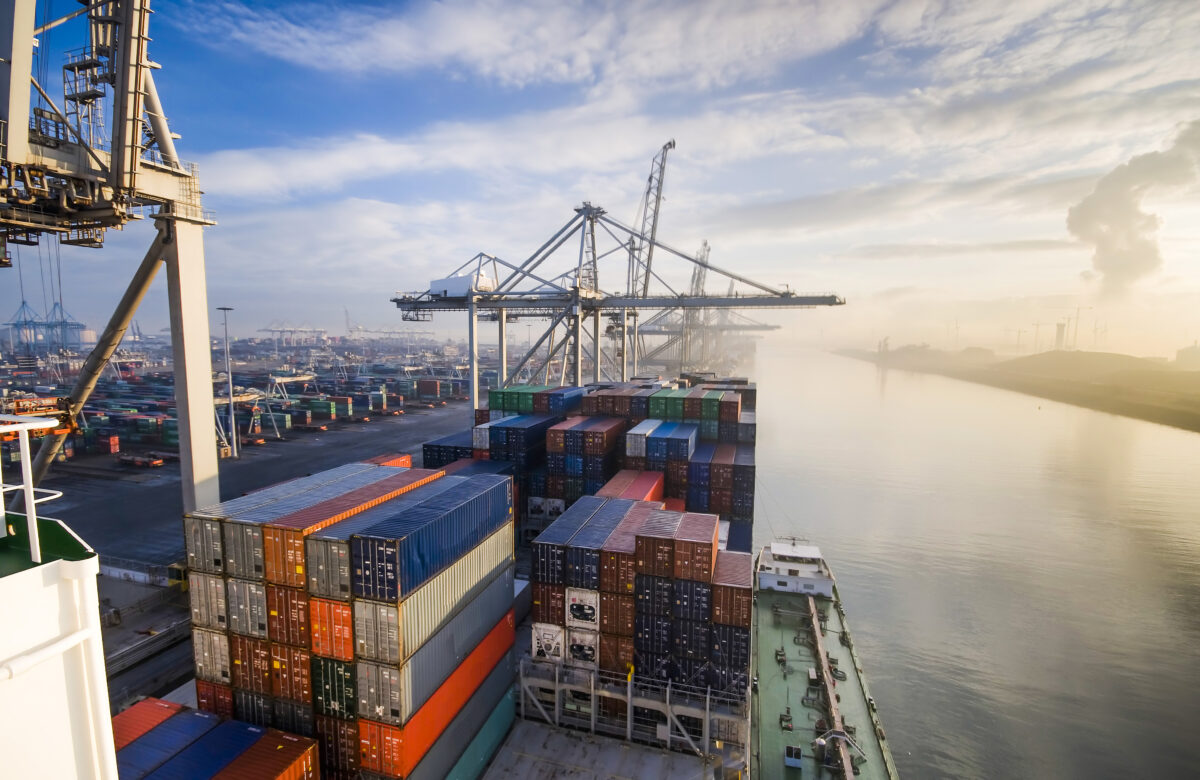On 16 July 2020, the European Court of Justice issued a ruling on the inspection of imported goods which emphasized the customs authorities’ scope of action and power of discretion.
The court ruled that a previous, unchallenged physical inspection of goods does not preclude a later customs inspection.
This means that the goods can also be checked at a subsequent time as part of a customs declaration.
The customs authorities do retain an appropriate discretion. However, a previous examination without challenge does not constitute grounds for rejection.
The customs authorities must carry out this step of the process so that the goods can be properly taxed and assigned the appropriate tariff rate.
Affected goods: Gazebos from China
In the proceeding, a company had submitted requests for review of the customs declaration as well as reimbursement for the excess amount of VAT and customs duty paid.
The imported good were gazebos from China. The company alleged that the customs authority had misclassified the goods and the resulting rate of duty was 12% instead of 6% or 0%.
The requests for reviews were rejected by the customs office. The importer sued, though without success.
The courts held that the assigned tariff classifications were binding because of a previous examination. The customs office was therefore not obliged to grant the request for review.
Imports of the same goods would have been classified as part of the physical examination. The customs agent responsible for the company concerned would not have objected to the tariff classification.
The ECJ did not share this view. The meaning and purpose of the customs code is above all “to ensure the correct application of the duties provided for therein.” The court went on to say that the customs procedure had to be adapted to the actual situation.
This speaks against the limitation of possibilities for review.
Dieser Artikel wurde am 20. August 2020 erstellt. Er wurde am 30. September 2023 aktualisiert. Die fachliche Zweitprüfung hat Rechtsanwalt Dr. Tristan Wegner durchgeführt.

